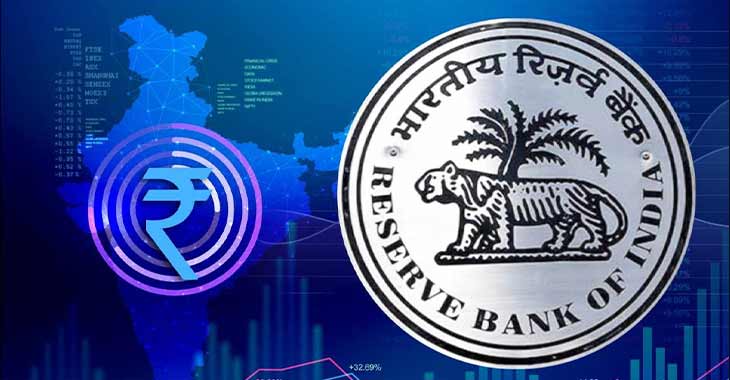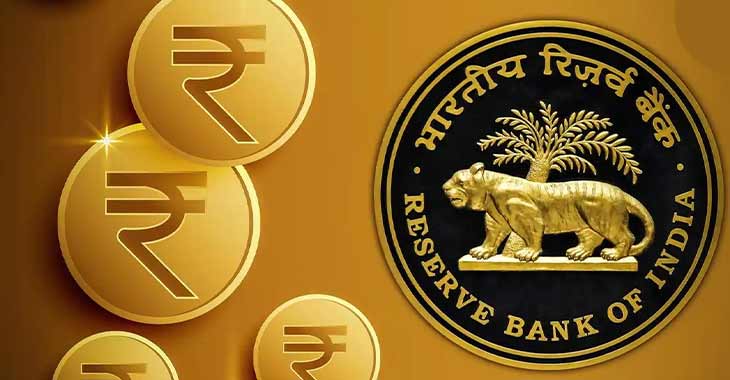SBI and three others receive retail digital rupees worth INR 1.71 crore from the RBI
- ByStartupStory | December 2, 2022

The Reserve Bank of India (RBI) issued Rs 1.71 crore to four participating banks based on their participation in the pilot project for central bank digital currency (CBDC) in the retail digital rupee.
The RBI has also chosen eight banks to participate in this pilot program in stages. The first phase will begin with four banks in four cities: Mumbai, New Delhi, Bengaluru, and Bhubaneswar (State Bank of India, ICICI Bank, Yes Bank, and IDFC First Bank). This pilot will later be expanded to Ahmedabad, Gangtok, Guwahati, Hyderabad, Indore, Kochi, Lucknow, Patna, and Shimla by the Bank of Baroda, Union Bank of India, HDFC Bank, and Kotak Mahindra Bank. In the next 2-3 weeks, the next four banks will join the pilot.
“The pilot would cover select locations in a closed user group (CUG) comprising participating customers and merchants. The e₹-R would be in the form of a digital token that represents legal tender. It would be issued in the same denominations that paper currency and coins are currently issued. It would be distributed through intermediaries, i.e., banks,” the RBI said in a statement.

Users will be able to transact with e-R using a digital wallet provided by partner banks and kept on their mobile phones. The central bank stated that transactions can be both Person to Person (P2P) and Person Merchant (P2M). QR codes shown at merchant locations can be used to make payments to retailers.
Customers will be able to lodge a request for digital rupees through their digital wallet in their mobile app, which is provided by their banks, and the required amount will be credited to their digital rupee wallet. Customers can use digital rupees to pay individuals and merchants.
RBI issues Retail Digital Rupee:-
According to the RBI, the retail pilot project, which will take place in closed user groups, will take the shape of a digital token that symbolizes legal cash. The digital rupee is issued in the same denominations as paper money and coins.
“Along with reducing operational costs associated with physical cash management, it will also enhance settlement efficiency and spur innovation in cross-border payments, and offer the public the same uses as any private virtual currency without the risks associated with it,” stated Sandeep Ghosh, Visa’s group national manager for India and South Asia. He also stated that Visa is looking forward to working with the RBI and industry partners to accelerate the adoption of the Indian e-rupee.
On November 1, the RBI launched the CBDC — wholesale, trading on the secondary market for government bonds — pilot. The CBDC bond trades in the first week averaged Rs 287.5 crore each day, according to data given by the Clearing Corporation of India (CCIL).









